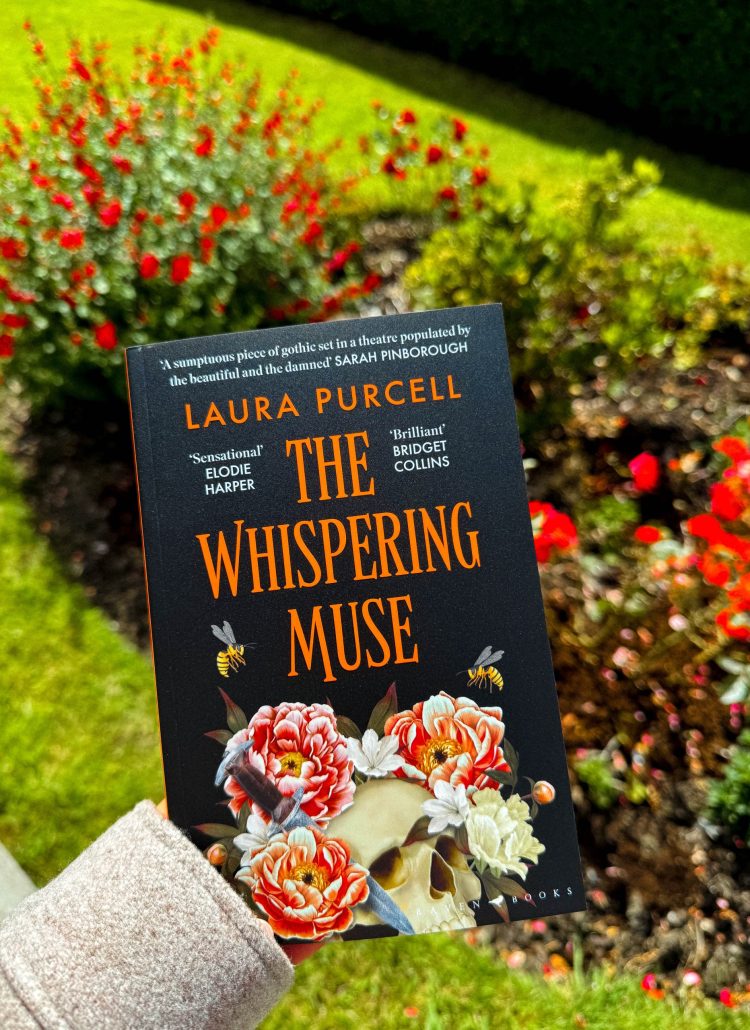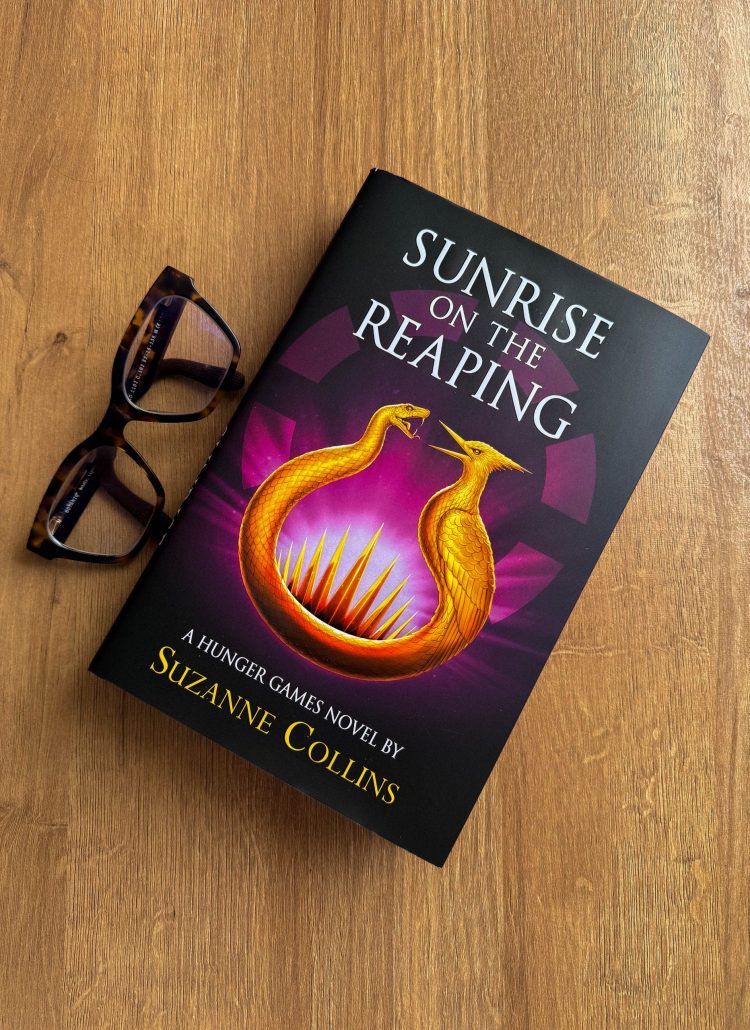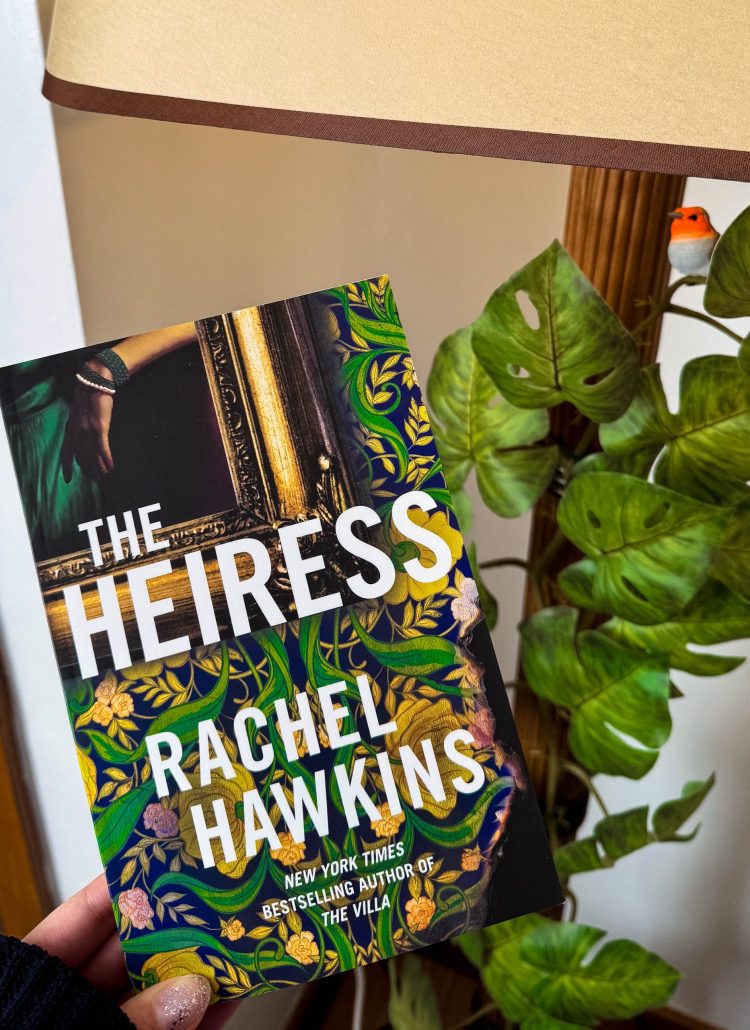
Frances is twenty-one years old, cool-headed and observant. A student in Dublin and an aspiring writer, at night she performs spoken word with her best friend Bobbi, who used to be her girlfriend.
When they are interviewed and then befriended by Melissa, a well-known journalist who is married to Nick, an actor, they enter a world of beautiful houses, raucous dinner parties and holidays in Brittany, beginning a complex ménage à quatre.
But when Frances and Nick get unexpectedly closer, the sharply witty and emotion-averse Frances is forced to honestly confront her own vulnerabilities for the first time.
THAT NIGHT IT WAS CLEAR TO ME FOR THE FIRST TIME HOW BADLY I’D UNDERESTIMATED MY VULNERABILITY. I’D LIED TO EVERYONE, TO MELISSA, EVEN TO BOBBI, JUST SO I COULD BE WITH NICK. I HAD LEFT MYSELF WITH NO ONE TO CONFIDE IN, NO ONE WHO WOULD FEEL ANY SYMPATHY FOR WHAT I’D DONE. AND AFTER ALL THAT, HE WAS IN LOVE WITH SOMEONE ELSE. I SCREWED MY EYES SHUT AND PRESSED MY HEAD DOWN HARD INTO THE PILLOW. I THOUGHT OF THE NIGHT BEFORE, WHEN HE TOLD ME HE WANTED ME, HOW IT FELT THEN. JUST ADMIT IT, I THOUGHT. HE DOESN’T LOVE YOU. THAT’S WHAT HURTS.
I was so apprehensive about diving into Conversations with Friends that I’ve actually been putting off reading it for a number of months now. I’d heard a variety of things about Irish author Sally Rooney’s debut novel, a lot of it along the lines of ‘Gosh, it’s so pretentious and none of the characters are likable!’ Uh oh, that didn’t sound good, I thought to myself. Upon completion of the novel, I can say that both of those things are quite true. At times, Conversations with Friends does read a bit pretentious. This is largely down to the narrator, Frances, who is indeed unlikable as are her so-called friends. Yet, there was something addicting about this world and the characters Sally Rooney has created.
Conversation with Friends is intoxicating. I say this as someone who has spent a torrid 24 hours wrapped up in this novel. The story is something of a car crash that you know will all end in disaster, but you just can’t tear your eyes away. I found myself switching between being horrified by Frances and relating to her, and then feeling horrified that I could relate to her! Not the affairs with married men bit, obviously, but more to do with her vulnerability – or rather her inability to let others see that she cares or that they have hurt her – alongside her deep inner craving to feel wanted. If you haven’t experienced the youthful crash-and-burn of bad decisions driven by egotism then, of course, Frances would seem quite alien and entirely detestable. In an emotional sense, I felt like me and Frances were kindred spirits which is absolutely awful, but also very sad.
Rooney’s novel consumed me. Her writing has this beautiful intimacy to it that you can easily get lost in. I think she has so effortlessly captured modern relationships, especially what it’s like to be twenty-one and still working out who you are and where you belong in a world that expects you have sussed that out already.
Don’t get me wrong, none of her characters are Mother Theresa, but what human is wholly angelic? Over the course of the novel, we see our narrator warts and all and it’s the flaws in Rooney’s main character, Frances, and other key players Nick, Bobbi and Melissa that make them fascinating. Whether it’s Frances’ emotional instability, Nick’s infidelity, Melissa’s crushing email after finding out about her husband’s affair, it’s because they are so flawed that they become familiar to us. There’s a raw emotion behind every sentence. Everyone is in the wrong at some point or other in this book. What I adored was how Rooney allows them each to have their outbursts, to scream and cry and face the consequences rather than pin the blame and take sides.
I am, however, torn about the ending. I found it a little…. lacklustre. You know the ‘Ah shit, here we go again’ meme. That’s how Conversations with Friends ends.
Conversations with Friends was an emotionally exhausting novel and it evidently isn’t to everyone’s taste. Sure, the stakes may seem low and the characters can come across as melodramatic, but I don’t believe at any point Rooney expected us to root for any of the characters. Frances is marmite, which is unfortunate because she’s our narrator. You’ll either loathe her or tolerate her, but you’ll certainly never love her. I was there alongside Frances feeling giddy with every flirty email she exchanged with Nick and I was also there sobbing actual physical, real life tears when her cool veneer began to crack. Those little fragments of human vulnerability and tenderness haunted me long after I had finished the novel and it reminded me quite a lot of The Lesser Bohemians by Eimear McBride which is another Irish coming-of-age story that I thoroughly enjoyed.
A refreshing and authentic read, I cannot wait to read more by Sally Rooney.




Leave a Reply